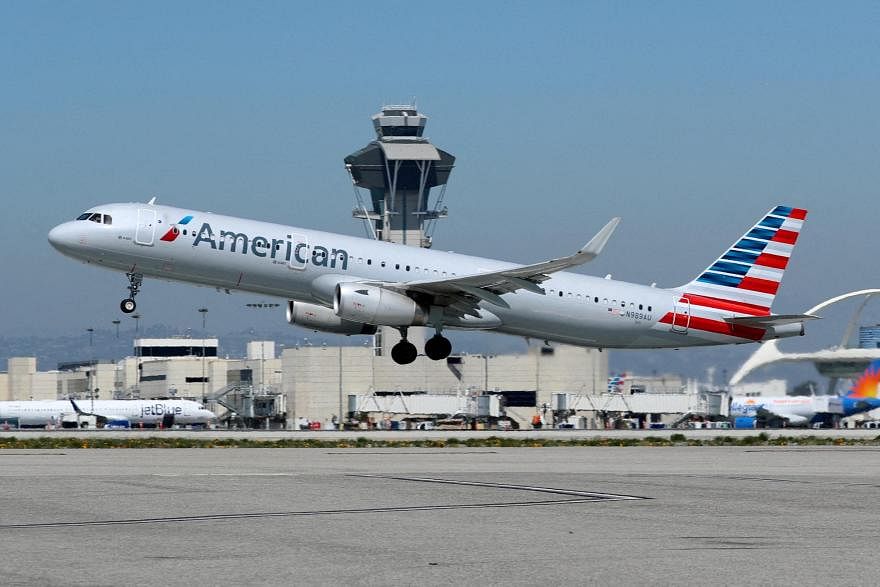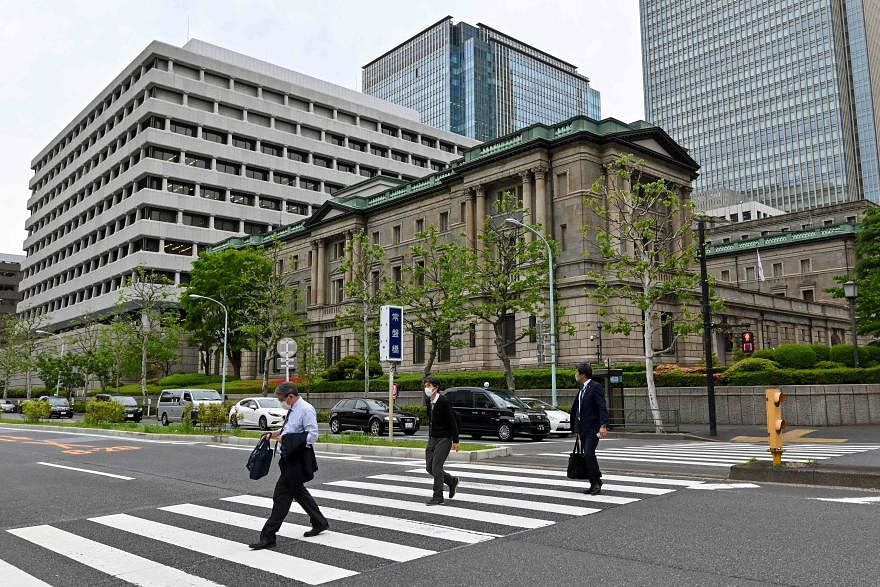THE chair of the Senate Judiciary Committee on Monday asked the CEOs of American Airlines, United Airlines, Visa and Mastercard to testify at an April 9 hearing on credit card competition, according to letters seen by Reuters.
Senator Dick Durbin said in a statement to Reuters that American Airlines and United Airlines have “aggressively opposed efforts to bring competition to the credit card market in order to protect the billions of dollars in windfall profits their companies collect through their co-branded credit cards. These airlines have become credit card companies that fly planes.”
The airlines and credit card companies did not immediately comment.
Durbin said it was critical for the CEOs to testify “in defence of a status quo that allowed Visa and Mastercard to levy a total of US$93 billion in credit card fees on consumers, small businesses, and others in 2022 alone.”
Major airlines heavily lobbied Congress last year to reject legislation co-sponsored by Durbin and Republican Senator Roger Marshall they say threatens their ability to offer rewards credit cards that give consumers frequent flyer miles for making transactions.
Durbin’s letter said United’s Scott Kirby and American’s Robert Isom had previously rejected requests to appear.
In December, Reuters first reported the US Transportation Department is scrutinising the frequent flyer programmes of major US airlines for potential deceptive or unfair practices.
In October, Durbin and Marshal asked the Transportation Department and Consumer Financial Protection Bureau about “troubling reports” of unfair and deceptive practices in airlines’ frequent flyer and loyalty programmes.
Airlines say there are at least 30 million US airline industry credit card holders, and the cards “make travel more accessible and affordable.” They cite Federal Reserve data that 97 per cent of total credit card spending is charged to various rewards accounts.
Durbin says the bill would address “outrageous” fees charged by Visa and Mastercard, and boost competition by directing the Federal Reserve to ensure that large credit card-issuing banks offer a choice of at least two networks over which an electronic credit transaction may be processed. REUTERS







